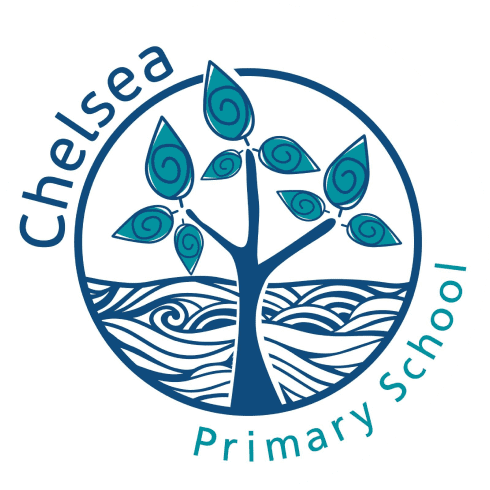Learning through play is a pedagogical approach where play is the valued mode of learning – where children can explore, experiment, discover, and solve problems in imaginative and playful ways. Learning through play is also called play-based learning.
Learning through play forms the pedagogical foundation of Te Whāriki, the early childhood curriculum. It is also becoming a more common approach to learning in junior primary classrooms with some schools trialling play-based learning at middle and senior primary level.
Learning through play is distinct from the broader concept of play. Learning is not necessary for an activity to be perceived as play, but learning is fundamental to learning through play.
An effective learning through play programme enables children to engage in self directed play that is internally motivated. Teachers can support children in play-based learning by providing an enabling environment and sensitive interaction. There is a role for the teacher to discuss, embed and extend the learning with students.

